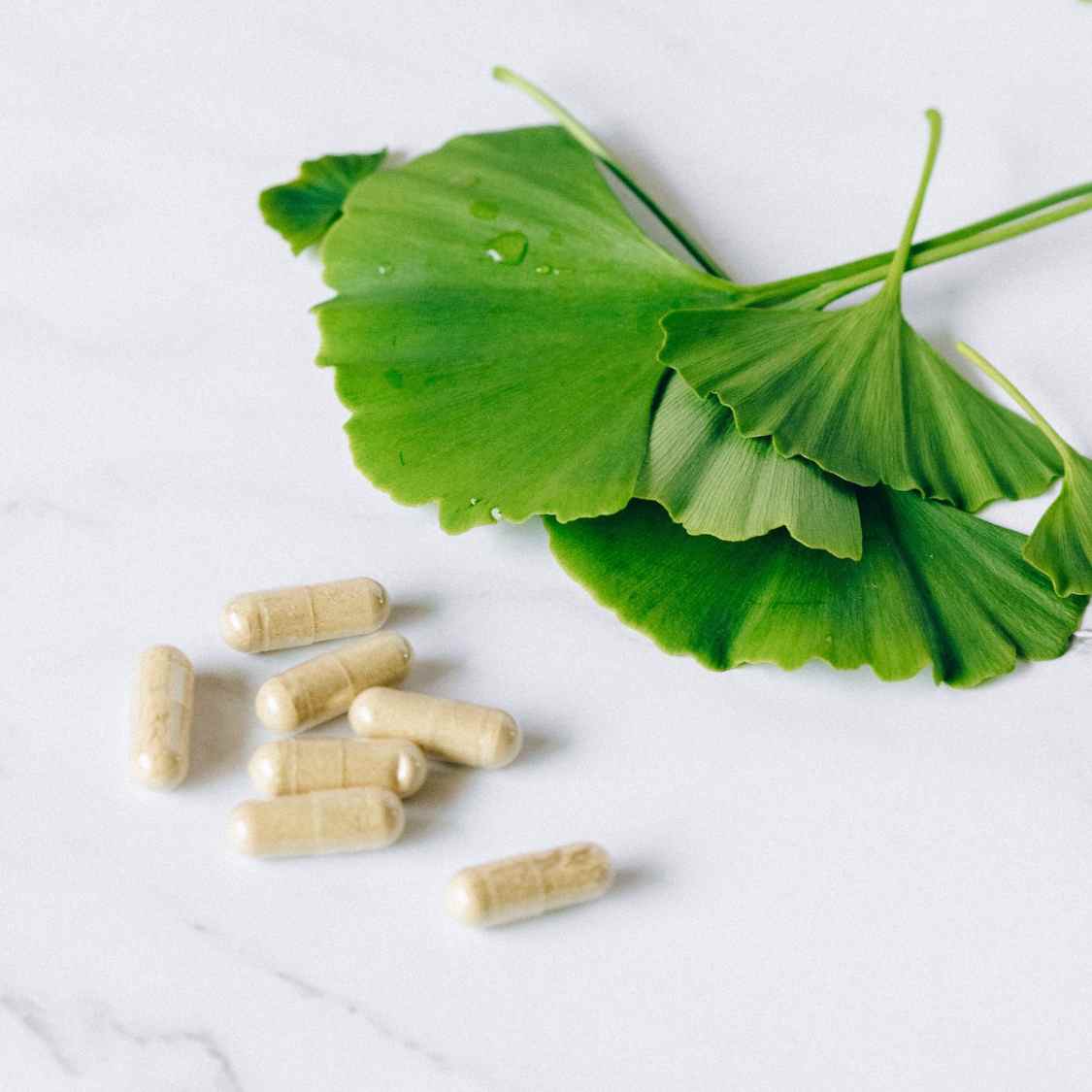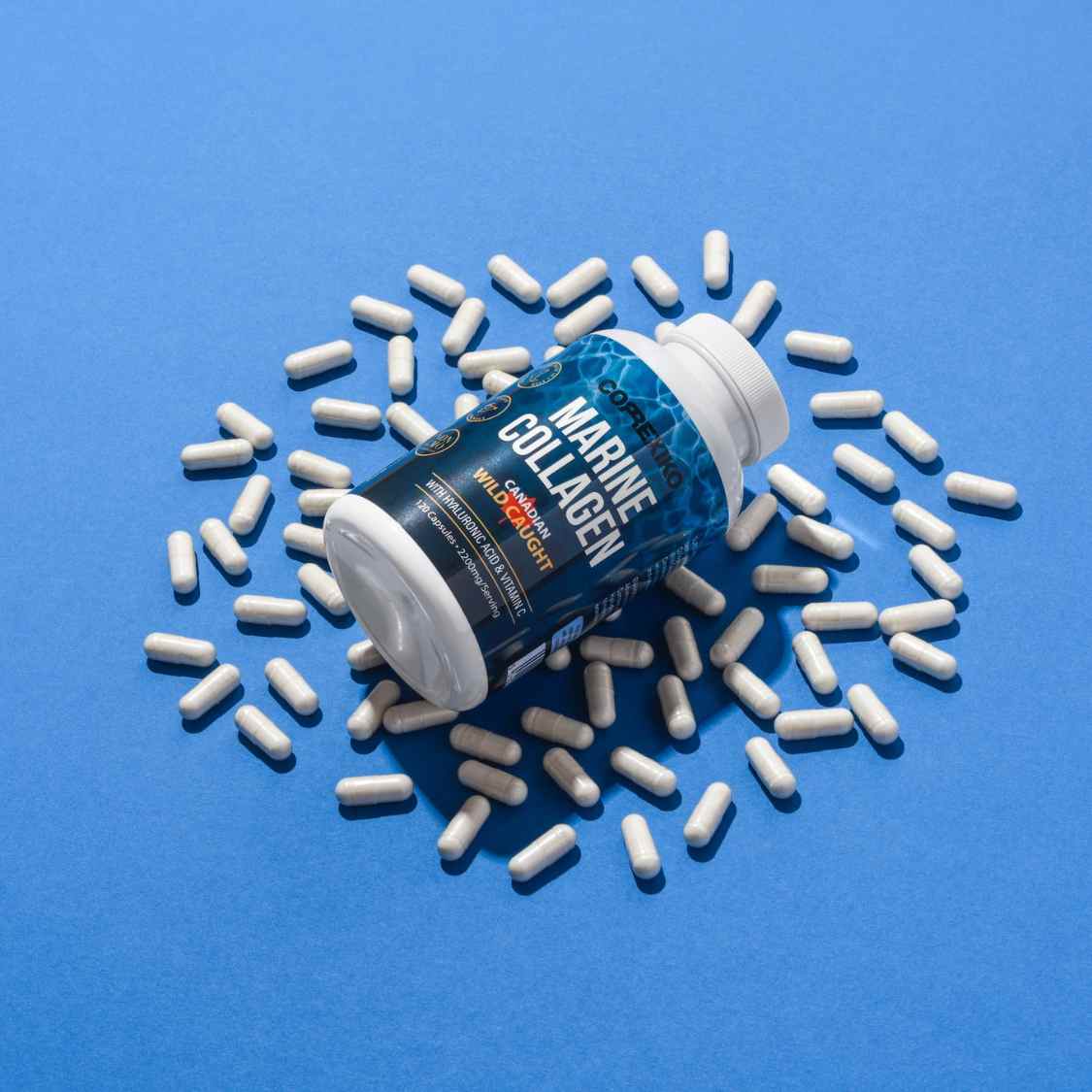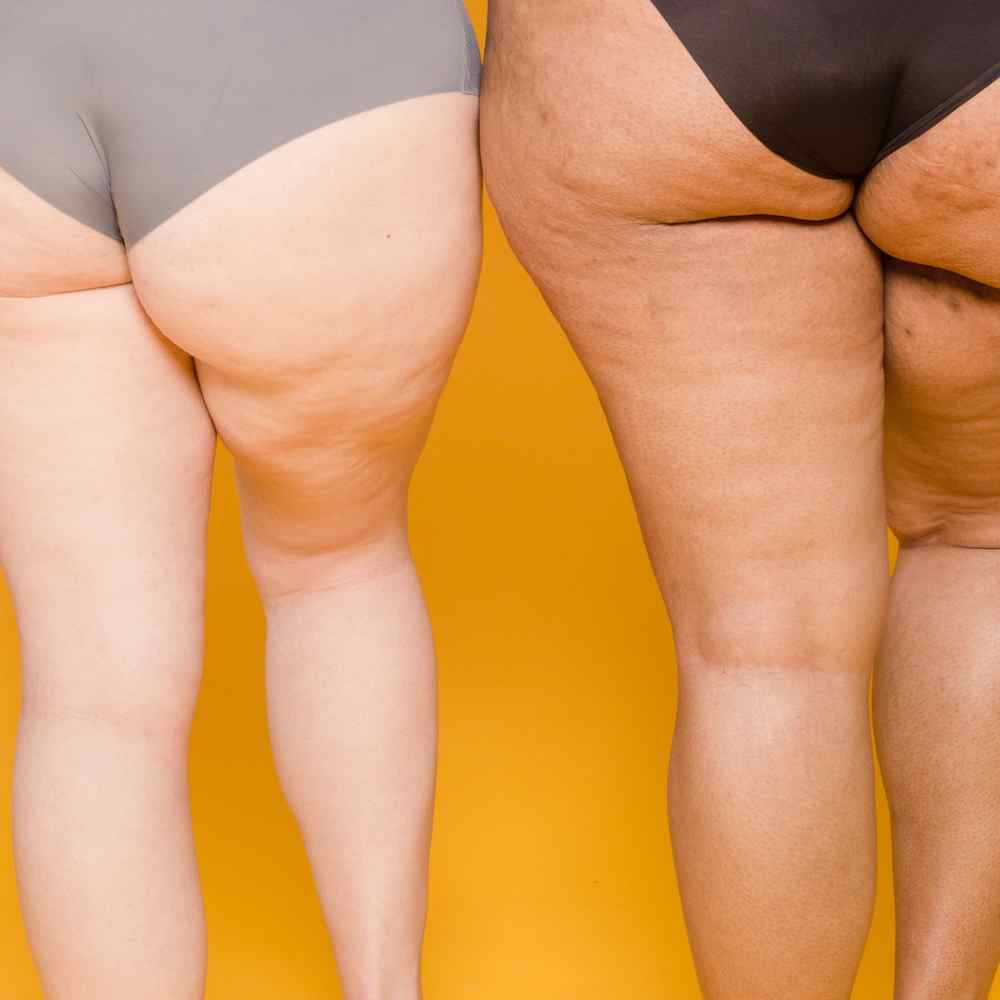
Battling Bum Dimples: Does Collagen Help with Cellulite?
Cellulite is a common issue that affects women of all ages and body types. It is caused by the accumulation of fat and fluid under the skin, which creates a lumpy, dimpled appearance.
Although cellulite is not a serious medical condition, it can affect self-esteem and confidence levels, especially during the summer months when more skin is exposed.
Many people seek out solutions to this problem, including creams, massages, dry brushing, cupping therapy and dietary changes.
One solution that has gained popularity in recent years is collagen. But does collagen reduce cellulite?
In this post, we will explore the science behind collagen and cellulite, and whether collagen can actually make a difference.

What is Collagen?
Collagen is the most abundant protein in the human body, making up about one third of our total protein content.
It is found in many tissues, including the skin, bones, muscles, tendons, and ligaments. Collagen provides structure and support to these tissues, giving them strength and elasticity.
There are several different types of collagen, but the most common types in the body are types I, II, and III.
Type I collagen is found in the skin, bones, and tendons, and is responsible for the strength and elasticity of these tissues.
Type II collagen is found in cartilage, and helps to cushion and protect joints.
Type III collagen is found in the skin and internal organs, and is responsible for the suppleness and elasticity of these tissues.
As we age, our bodies make less collagen production, which can lead to wrinkles, sagging skin, and other signs of aging.
This is why many people turn to collagen to help maintain healthy skin and other tissues.

What Causes Cellulite?
Cellulite is caused by a combination of factors, including genetics, hormones, and lifestyle.
Women are more likely than men to develop cellulite, due to differences in the structure of their skin and the distribution of fat.
Genetics & Skin Structure
The skin is composed of several layers, including the epidermis (outer layer), dermis (middle layer), and subcutaneous tissue (inner layer).
The dermal and subcutaneous tissue is where fat is stored, and is separated from the dermis by a layer of subcutaneous connective tissue called the septae.
In women, the septae are arranged in a perpendicular pattern, which creates small pockets of fat that bulge outwards and give the skin a dimpled appearance.
Hormones
Hormones also play a role in the development of cellulite.
Estrogen, in particular, can increase the production of fat cells and reduce the production of collagen, which can make the skin less elastic and more prone to cellulite.
Health & Lifestyle
Finally, lifestyle factors such as diet, exercise, and smoking can also contribute to the development of cellulite.
A diet high in processed foods and sugar can lead to weight gain and the accumulation of fat under the skin.
Lack of exercise can also lead to muscle loss and a decrease in skin elasticity.
Smoking, on the other hand, can damage the collagen and elastin fibers in the skin, leading to wrinkles and sagging.

Can Collagen Help with Cellulite?
There is some evidence to suggest that collagen may help to improve cellulite.
Collagen is a key component of the dermis, and helps to maintain the strength and elasticity of the skin.
By supplementing with collagen, some people believe that they can strengthen the skin's connective tissue and reduce the appearance of cellulite.
One study published in the Journal of Medical Nutrition and Nutraceuticals found that women who took a collagen supplement for six months saw a significant improvement in the appearance of their cellulite.
The participants took a supplement containing specific collagen peptides - hydrolyzed collagen peptides. They also took other vitamins and minerals that support skin health for the study.
At the end of the study, the researchers found that the participants had a significant reduction in cellulite on their stomach, thighs and buttocks, as well as an improvement in skin elasticity.
Another study published in the Journal of Cosmetic Dermatology found that a topical cream to stimulate dermal metabolism, containing collagen, caffeine and retinol, was effective in reducing cellulite after eight weeks of use.
However, it's important to note that these studies are limited in scope and more research is needed to confirm the effectiveness of collagen for reducing cellulite.
It's also worth noting that there are many different factors that contribute to the development of cellulite, and collagen may not be effective for everyone.
What are the Potential Side Effects of Taking Collagen?
Collagen is generally considered safe, but there are some potential side effects to be aware of
Some people may experience digestive issues, such as bloating, constipation, or diarrhea, when taking collagen.
These side effects are usually mild and can be reduced by drinking plenty of water and taking the supplement with food.
There is also a risk of allergic reactions for people who are sensitive to the animal sources of collagen used in supplements.
It's important to speak with a healthcare professional before starting any new supplement regimen to discuss potential side effects and interactions with any medications or health conditions.
What are Other Ways to Reduce Cellulite?
While collagen may be one option for reducing cellulite, there are other lifestyle changes that can also be effective. These include:
- Eating a healthy diet: A diet rich in fruits, vegetables, whole grains, and lean proteins can help to reduce inflammation in the body and promote healthy skin.
- Staying hydrated: Drinking plenty of water can help to flush toxins from the body and keep the skin hydrated and healthy.
- Exercising regularly: Exercise can help to strengthen the connective tissues and improve circulation, which can smooth the appearance of cellulite.
- Dry brushing: Using a dry brush to massage the skin can help to stimulate circulation and smooth skin.
- Using topical creams: Creams containing caffeine, retinol, or other active ingredients may help to reduce the appearance of marbly skin when used regularly.

What Form of Collagen is Best for Cellulite?
When it comes to reducing the appearance of cellulite, both topical collagen creams and supplements may be beneficial, but there is limited research to suggest which form of collagen is best.
Collagen Creams
Topical collagen creams are formulated to be applied directly to the skin and may contain various types of collagen, such as bovine or marine collagen for treating moderate cellulite.
These creams are designed to penetrate the skin and deliver collagen directly to the areas where cellulite is present.
Some collagen creams also contain other active ingredients, such as caffeine or retinol, which may further improve the appearance of cellulite.
Collagen Supplements
On the other hand, bioactive collagen peptides are taken orally and are typically derived from bovine, marine, or porcine sources.
When consumed, collagen supplements are broken down into amino acids and absorbed into the bloodstream, where they may help to support the production of collagen in the body.
Some supplements also contain other ingredients, such as vitamin C, which is necessary for collagen synthesis.
Ultimately, the choice between using a collagen cream or taking collagen orally may come down to personal preference and lifestyle factors.
Topical collagen creams may be more convenient for some people, while others may prefer the ease of taking a collagen supplement.

Is Collagen the Solution for Banishing Bum Dimples?
Cellulite is a common condition that affects many women, and there are many factors that contribute to its development.
While collagen may be one option for reducing the appearance of skin waviness, more research is needed to confirm their effectiveness.
It's also important to address lifestyle factors, such as diet and exercise, in addition to taking supplements.
As always, it's important to speak with a healthcare professional before starting any new supplement regimen or making significant changes to your diet or exercise routine. Stay healthy, everyone!

















